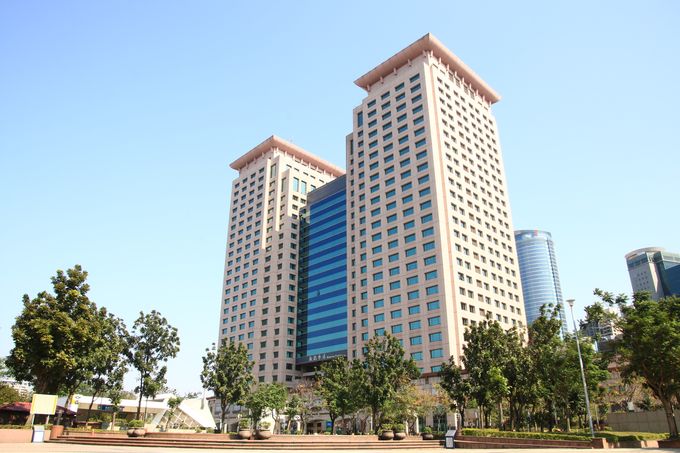
IPCC - Creativity, Professionalism and Justice

IPCC - Creativity, Professionalism and Justice
In the era of globalization, IPC can solve the IP issues efficiently, and maintain law and technology competitiveness.
In recent years, with the innovation of science and technology, the protection of IPRs become the key to economic development and trade liberalization. Also, it is viewed as an index of national competitiveness. The competition with IPRs not only brings enormous commercial possibilities and economic benefit, but also rises IP disputes and litigation costs as well. Furthermore, the IPRs competition is regarded as trade barriers by developed countries. Even though we can coordinate either substantive or procedural law regarding IPRs by joining international organizations or signing international agreements, the enforcement of law still depends on judicial authorities as the last arbitrator and executor. Therefore, the advanced countries or developing countries are all dedicated themselves to build the litigation system of IPRs protection.
Taiwan joined the World Trade Organization in 2002 and became the 144th member of this group, so Taiwan should follow the Agreement on Trade-Related Aspects of Intellectual Property Rights (TRIPS). Before joining WTO, a series of amendment relating to the IP law had begun, in order to comply with the standard of the main treaties and agreements in the world. The IP Court (IPC) was established on July 1, 2008. In response to the global trend of IPRs protection and enhance the professionalism and efficiency of dealing IP cases of judicial authorities, the purposes of establishment of IPC are:
- Avoid process delays and solve IPR disputes efficiently.
- Accumulate judge’s experience in adjudicating IP cases to achieve the goal of professionalism.
- Promote national economic development.
The jurisdiction of IPC includes civil, criminal and administrative actions concerning IPRs. Therefore, legal opinions relating to IPRs would be more consistent and the trial would be more speedy.
In an effort to establish a prompt, appropriate and professional trial procedure for handling major civil commercial disputes, Taiwan formulated and promulgated the "Commercial Case Adjudication Act" on January 15, 2020. Meanwhile, the "Intellectual Property and Commercial Organization Act" was amended to incorporate the commercial court with the IPC. After the merge, the IPC was renamed as "Intellectual Property and Commercial Court" on July 1, 2021, which brought Taiwan's judicial resolution mechanism on IP and commercial events to a new milestone.
- Release Date:2021-07-01
- Update:2024-02-22
